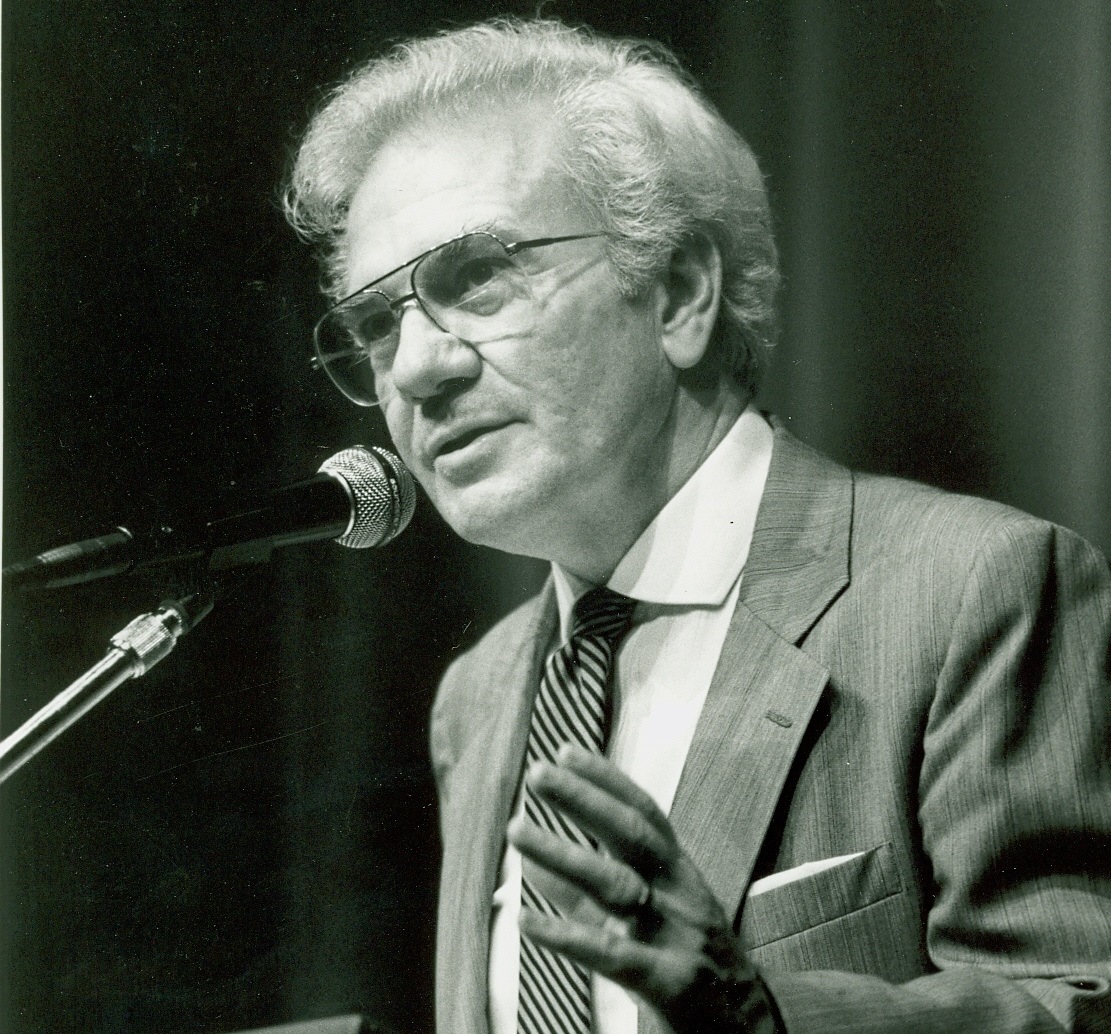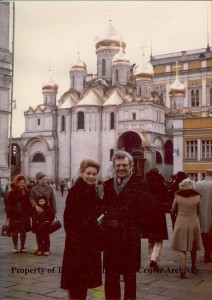Last week Messiah College celebrated “International Education Week.” It provided an opportunity for the campus community to celebrate the various cultures represented among the student body and the strength those cultures add to the educational experience. As a leader in education in the 20th century, Dr. Ernest L. Boyer played a fundamental role in promoting that very understanding. Colleges must do everything in their power to establish and advance an intercultural exchange – bridging nations and cultures with one’s own is an education of itself that lasts beyond the classroom.
As the United States Commissioner of Education, Ernest L. Boyer was invited to speak at the Conference on International Education in Washington, D.C. on February 28, 1979. In his speech he discussed his trip to Moscow, Russia the year before where he, as Chancellor of the State University of New York (SUNY), signed an agreement with representatives from Moscow State University, agreeing to an exchange of faculty and graduate students. Four years earlier, in 1974, an original agreement between the two universities had been signed ensuring an undergraduate student exchange. This was the first compact of its kind between an American and Soviet educational institution.
Dr. Boyer was proud of his efforts to further the reach of international education and believed deeply it added needed dimension to one’s education. Any reminder that global citizens are more alike than different was worthwhile in his book. Boyer ended his speech at the Conference on International Education by saying: “I’m confident that as we better educate ourselves and make more sensitive the human spirit, we will indeed make our future more secure and prevent this angry, frightening world from self-destruction.”


